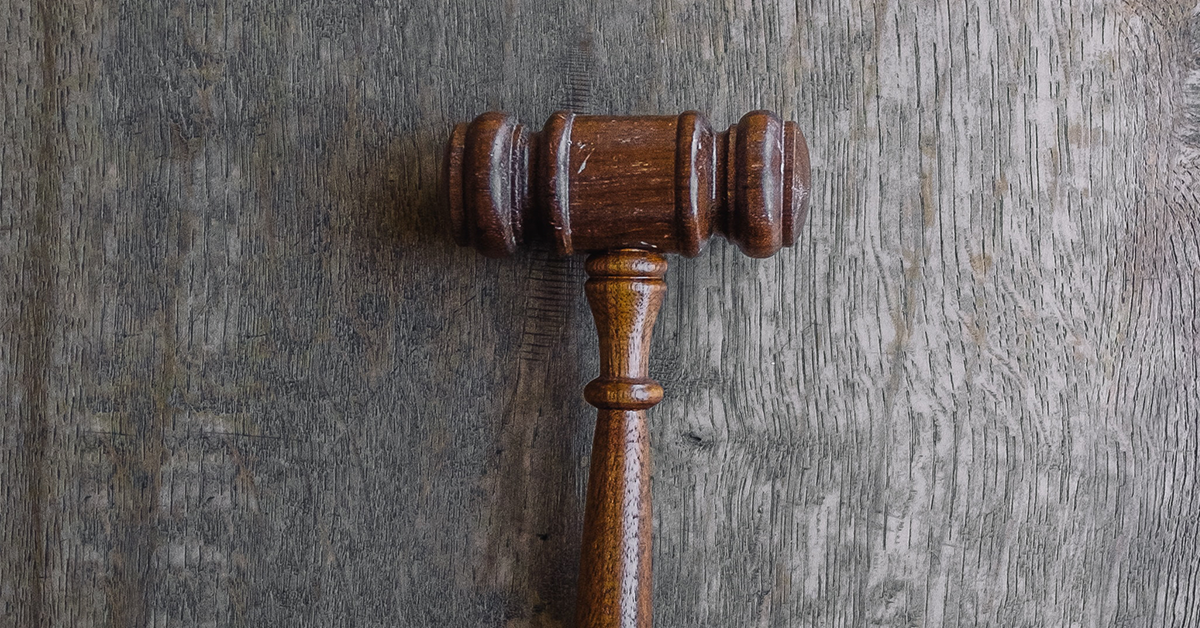
13 Oct The SPTO decisions will be reviewed by the Civil Courts
On 28 July last, Organic Law 7/2022, of 27 July, was published in the Official State Gazette, amending Organic Law 6/1985, of 1 July, on the Judiciary, in relation to the Commercial Courts.
This Law has a major impact on our intellectual property practice as, among other things, it attributes exclusive jurisdiction over “appeals against decisions that exhaust administrative remedies issued in intellectual property matters by the Spanish Patent and Trademark Office (SPTO)” to certain Provincial Courts, i.e. to the Civil jurisdiction. Until now, the jurisdiction has been that of the contentious-administrative jurisdiction.
What decisions of the SPTO?
The decisions that exhaust administrative channels are the decisions of the SPTO Appeals Unit.
This affects all the decisions of the SPTO Appeals Unit and covers all the matters on which the SPTO rules: patents, utility models, trademarks, designs, etc. It will also include decisions on the invalidity and revocation of trademarks on which the SPTO will have jurisdiction to rule as of 14 January 2023, as provided for in article 58 of Law 17/2001, of 7 December, on Trademarks.
From when?
The same date, 14 January 2023, is the date set by Organic Law 7/2022 for the entry into force of this new competence of the Provincial Courts. Therefore, from then on, appeals will be heard in the civil jurisdiction.
Which courts have jurisdiction?
The Provincial Courts with sections specializing in commercial matters will be competent to rule on them. Today, according to the agreement of the General Council of the Judiciary (CGPJ) of 18 October 2018, there are seven such courts, namely those of Madrid, Barcelona, La Coruña, Bilbao, Valencia, Granada and Las Palmas de Gran Canaria. In addition, the CGPJ is empowered to agree that other Courts may later assume this jurisdiction, if the requirements are met.
Why this change?
The purpose of this modification is to continue with the process of specialization opened by Organic Law 8/2003, of 9 July, so that these appeals against SPTO resolutions are resolved by courts with a “high degree of experience in industrial property matters” and with the aim of favoring the principle of legal certainty, it being advisable to “avoid different jurisprudential criteria in this area as two jurisdictional orders are competent, the contentious-administrative and the civil”, to quote the preamble of this recent Law.
What will the proceedings be like?
The process will be a verbal trial with the characteristics defined in the new article 447 bis of the Civil Procedure Act. This article regulates, among other things, standing and the time limit to file the appeal (2 months from the publication of the decision in the BOE), questions relating to the referral of the administrative file, the time limit for the defendant to appear before the Court (9 days) and the time limit for the formalization of the claim and the defense (20 days). It is expressly provided that the appeal may seek not only the annulment of the decision of the SPTO, but also the recognition of a legal situation, and therefore also applies to the restoration of rights. Many of the characteristics of this new process coincide with those of the current contentious-administrative process, although we miss a provision on filing being able to file a brief of conclusions before the Judgment is issued.
Where to bring the action?
The territorial jurisdiction will be, at the option of the appellant, the domicile of the plaintiff or, failing that, its representative in Spain; and, the specialized section of the Provincial Court of Madrid, which is where the SPTO’s headquarters are located.
Can the judgments handed down by these Provincial Courts be appealed?
Yes, they may be appealed, either by means of an extraordinary appeal for procedural infringement before the Civil Chamber of the corresponding High Court of Justice, or by appeal in cassation before the Supreme Court.
What do we think?
Court specialization reflects a more modern justice system. With this new regulation, there will be fewer judicial bodies hearing appeals against SPTO decisions, but with more experience, which will result in more homogeneous rulings and, very possibly, of higher technical quality. This is a transfer of judicial competence to protect intellectual property rights a priori, better, which is why we think it is very good news. In any case, it will be with time that we will be able to make balance of this new regulation.
Author: María Ceballos, Lawyer and IP Attorney
Photo by Wesley Tingey on Unsplash



